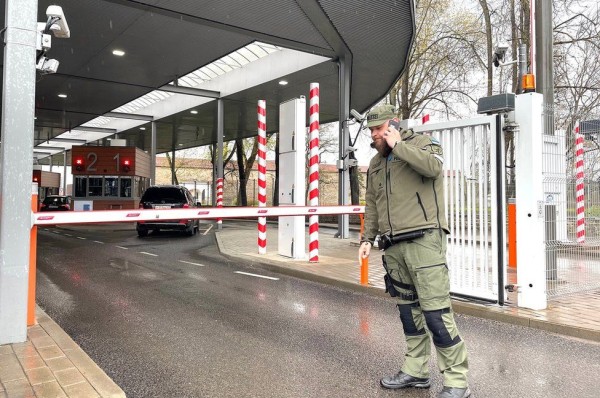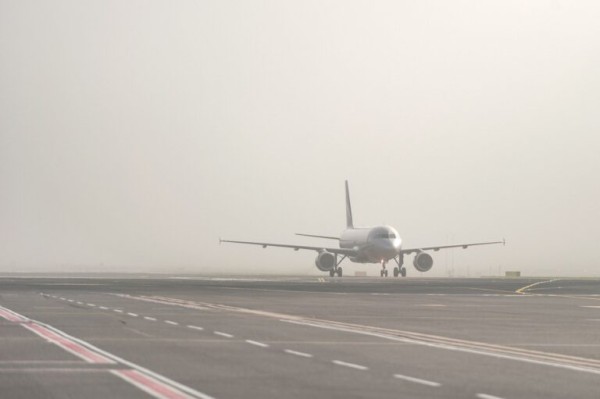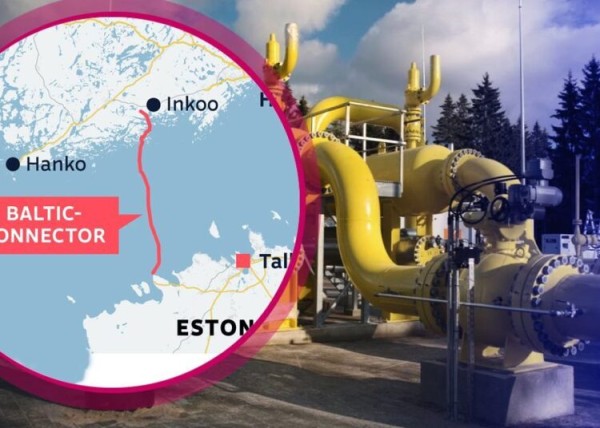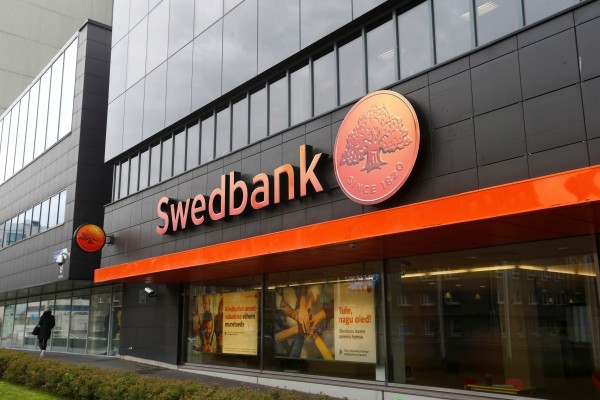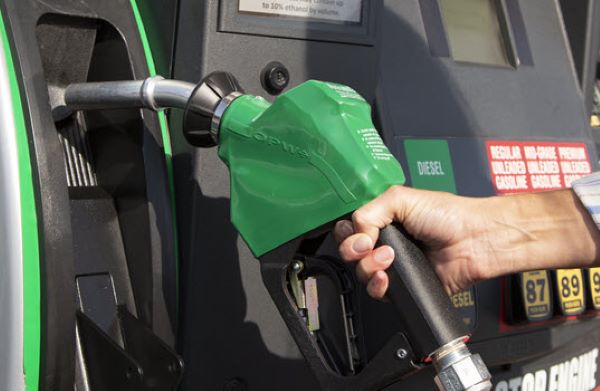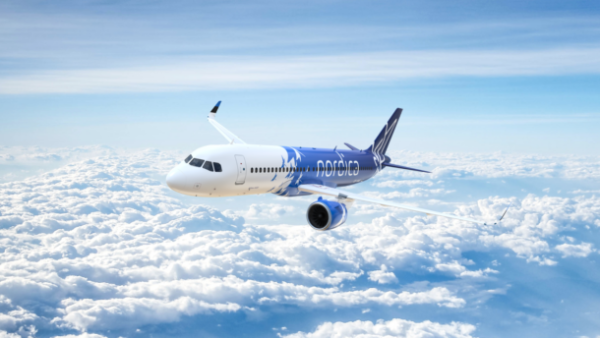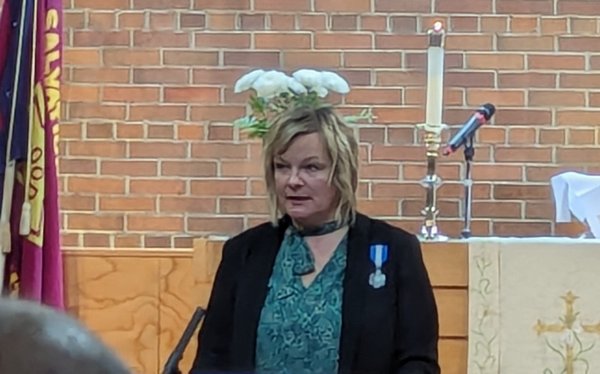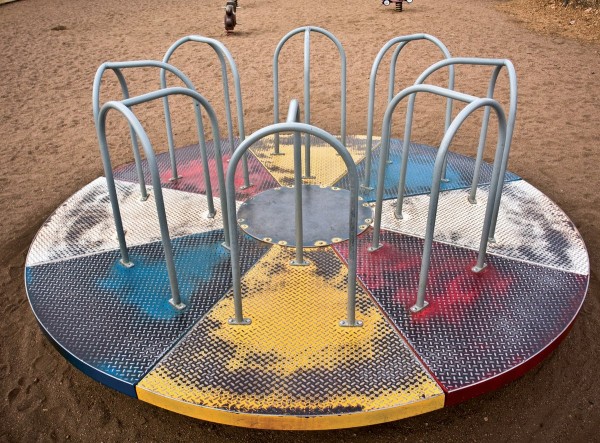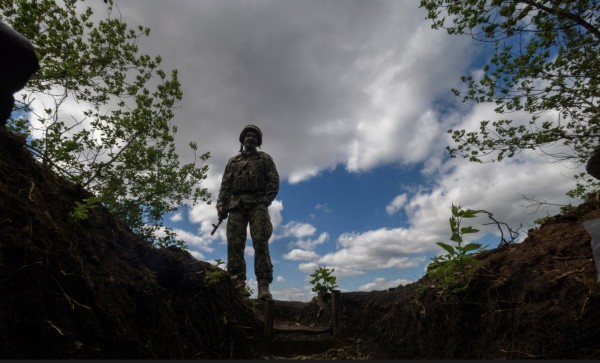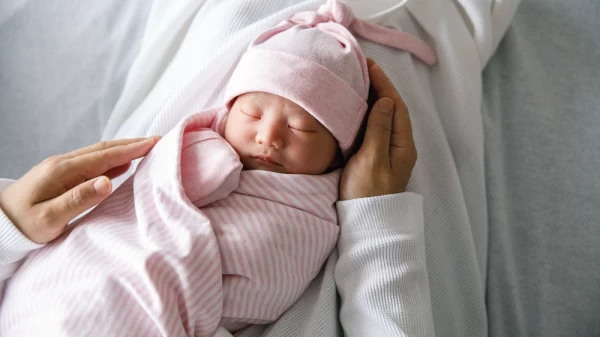Narva is a strange place, almost an aberration. On the very edge of Nato's eastern flank, it is Estonia's third biggest city - but its population of nearly 60,000 is 97% Russian-speaking, making it the largest Russian-speaking city in the EU.
It sits on the western bank of the River Narva that flows into the Baltic Sea. On the eastern bank is Russia. To a first-time visitor it feels like a classic Cold War frontier. Two giant fortresses face each other on opposing sides of the river, with the international border running down the middle.
To the west is Narva Castle, built by the invading Danes in the 13th Century. To the east is Ivangorod Fortress, built by a Muscovite Grand Prince in 1492.
Since much of Estonia's border with Russia crosses a lake, any future invasion by Moscow is thought likely to come either here or further to the south, next to Latvia.
Spanning the river at Narva is a road bridge, flanked by a high, chain-link fence topped with barbed wire and with customs posts at either end. Here I arrange to meet Erik Liiva. He's a superintendent in the border police or, to give him his Estonian title, he's a commissar. Tall, bearded and armed, he escorts me down the road to where a single red line is painted across the road.
"You have now reached the border," he tells me. "You are touching the edge of the Russian Federation."
So how are relations with your counterparts on the Russian side of the border since the Ukraine invasion, I ask.
"We don't have much contact with them," Liiva replies, "but we do have a hotline for operational reasons. We have enhanced our border patrols, we are doing much more thorough checks on vehicles coming through."
It is through this obscure border post, say the Estonian border police, that thousands of Ukrainians have been streaming - many having escaped the horrors of Mariupol and other war zones. Up to 300 a day have been crossing into Estonia, most of them moving on to other countries or returning to Ukraine.
In a bar in town I meet Katri Raik, the recently appointed mayor of Narva.
"Ukraine is our war," she says. "We feel it here."
When the invasion began, she says, there was a tense silence in the city, nobody spoke about it. Only 47% of people here are Estonians, 36% are Russians and the rest are classed as "aliens" - stateless persons, mostly Russian-speaking.
Before the invasion, people watched Russian programmes on TV and crossed over regularly to Ivangorod and beyond to St Petersburg, which is closer to Narva than Tallinn, the Estonian capital.
But now the respective consulates in Narva and St Petersburg have closed visas are hard to come by - and Estonia has banned Russian TV programmes as they are considered to be largely Kremlin propaganda.
Katri Raik, the mayor, has met many of the Ukrainians coming through her town.
"They have gone through hell," she says. "It is like the light in their eyes has gone out."
https://www.bbc.com/news/world...
Narva: The Estonian border city where Nato and the EU meet Russia - BBC (2)
Eestlased Eestis | 26 May 2022 | EWR
Viimased kommentaarid
Kommentaarid on kirjutatud EWR lugejate poolt. Nende sisu ei pruugi ühtida EWR toimetuse seisukohtadega.
Reminds me scene from 1983 Octopussy: https://clip.cafe/octopussy-19...
Eestlased Eestis
TRENDING






